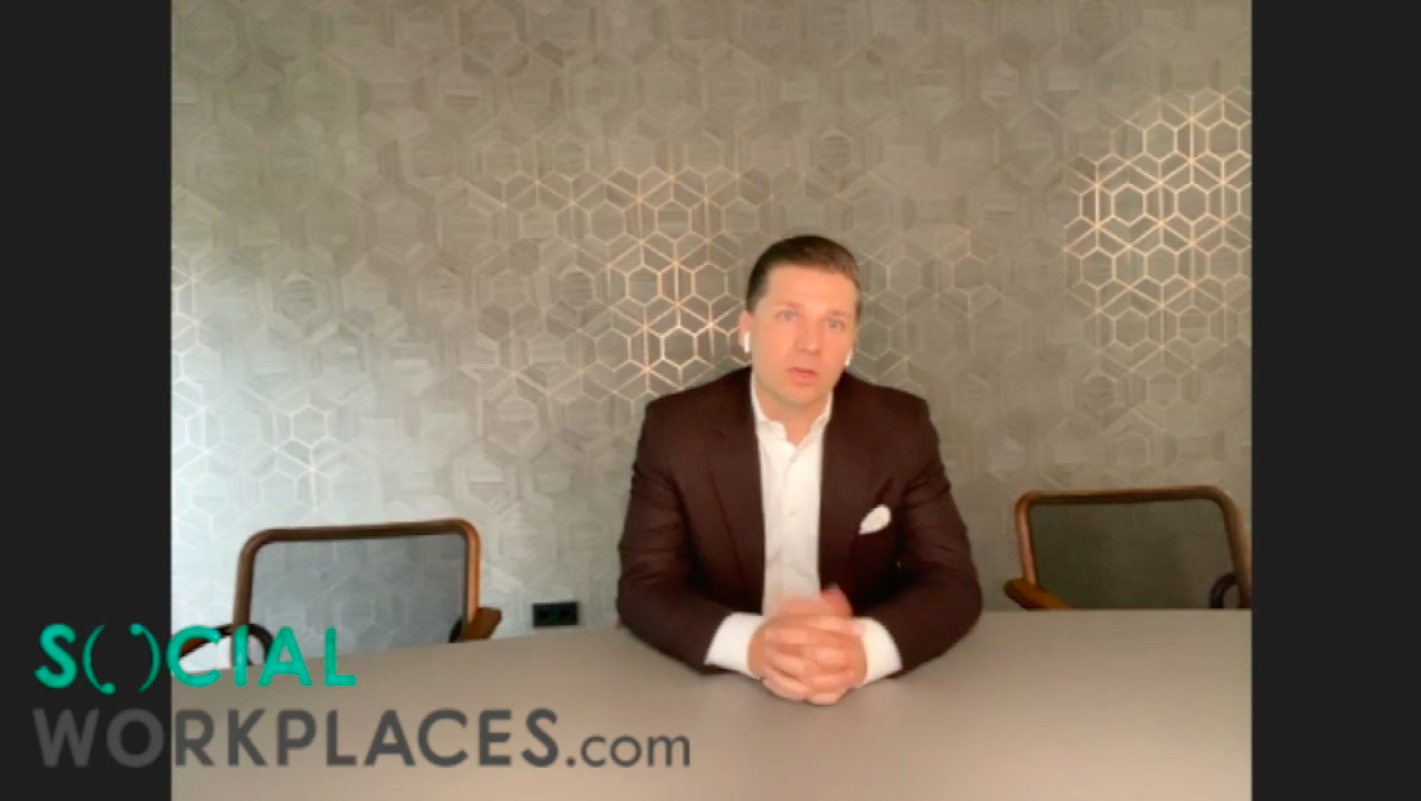AllOfficeCenters is a Frankfurt based real estate advising company for flex office solutions in Europe. They have recently released a report about the evolution of flex offerings in the coworking industry in Germany. We have interviewed Thomas Schulz, Managing Partner at AllOfficeCenters, to learn more about the growth of the coworking sector and his take on what’s to come.[Check the main takeaways of the interview summarized below the video]
Main takeaways
Find below the main ideas Thomas Schulz has shared with us in our conversation regarding the 2019 report:
- Between 2016 and 2019, the number of desks in German flex workspaces more than tripled to 60.000.
- The total number of square meters operated by flex workspace operators more than doubled, to 1.2 million sqm.
- The average size of coworking centres almost doubled, with an average size of 2.600 sqm per centre, as opposed to the 1.400 sqm three years ago (for this last statistics, they take all spaces into account: from small ones up to very big ones with sometimes up to 10.000 sqm).
- The price per desk increased a bit since 2016.
- A significant portion of the coworking industry evolution was driven by big coworking brands active in Germany such as WeWork, Design Offices or IWG.
- The market growth was also driven by the rising demand from bigger tenants.
Regarding the COVID-19 situation, here the main ideas:
- Thomas seems optimistic when he talks about the sector during Covid-19 times: “We are growing very fast and with the coronavirus crisis we will grow faster than before”, he states.
- AllOfficeCenters has been operational the whole time since the lockdown “We got a lot of requests for flex office solutions. At the beginning, companies were only exploring the option. Then the first deals came. Now, in general companies are seeing the upside of the model. It’s a discovery for some of them”.
- Home working is not a fully satisfying solution: “People are not happy only working from the home office”.
- The shift to remote working is positive for coworking spaces. From Thomas’ experience in different European countries, different work experiences are necessary: “It’s too early to say everyone will have the right cocktail of experiences, but every employee can now work from anywhere: two days in the office, one day at home and the rest in a nice coworking space close to one’s home, where you don’t have to commute a long time”. A mix of all that will be the future. Everyone speaks about it now. The old model is over”.
- People and companies will have to find the balance that fits the best with their own reality: “We will see what the perfect solution will appear to be”, adds Thomas.
- Coworking and flex workspaces are now part of the hard core global workplace strategy of more and more companies: “It’s not a marginal element anymore”.
- In three years time, the attitude of landlords towards coworking changed as well. In 2016 landlords would deal with coworking operators the same way as they dealt with any other tenant. Nowadays landlords are seeing the added value a coworking offering brings to their property in terms of human experience, quality of the environment, service and amenities. Property owners are now more ready than they used to be to engage with a coworking operator on partnership based models.
- One challenge is the scarcity of big enough, well located building space in some German cities. Some property owners are looking to operate coworking services themselves. Although some are successful in that endeavour, running a coworking business is a tough business, requiring very specific approaches and skills: “Franchising could be one solution“, notes Thomas.
- “There is place for many players” he observes. “The smaller operators have a key role to play as well, especially for suburbs, the smaller cities or less dense areas. They will likely play a big role in the future. It’s not a market limited to the big international brands” Thomas adds.
Find below the podcast version of the interview to learn more about AllOfficeCenters and Thomas Schulz vision of the coworking and flex workspace industry.
Join the Coworking Europe conference for more insights, data and connections!




0 Comments